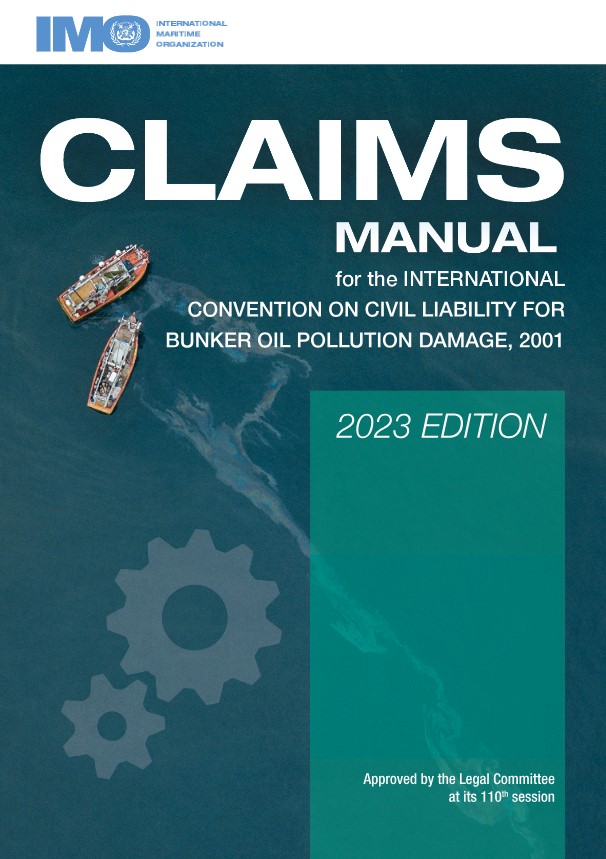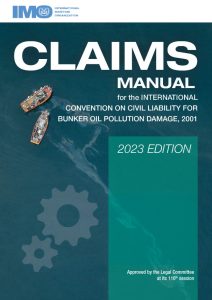The Hidden Threat Beneath the Waves
Imagine standing on a pristine beach, the waves gently lapping at the shore. Suddenly, a dark, viscous substance washes up, coating the sand and harming marine life. This is the devastating impact of bunker oil pollution—a less visible but equally destructive threat to our oceans. To combat this, the international community adopted the International Convention on Civil Liability for Bunker Oil Pollution Damage in 2001, ensuring that those responsible for such pollution are held accountable and that victims receive adequate compensation.
Understanding Bunker Oil and Its Environmental Impact
Bunker oil refers to the heavy fuel oil used to power ships. Unlike cargo oil spills, which have been the focus of many environmental regulations, bunker oil spills can occur from any vessel, not just oil tankers. These spills pose significant risks to marine ecosystems, coastal economies, and public health.
The Genesis of the Bunker Convention
Recognizing the gap in international regulations concerning bunker oil pollution, the International Maritime Organization (IMO) adopted the Bunker Convention in 2001. The Convention came into force in 2008, aiming to establish a uniform legal framework for determining liability and ensuring prompt compensation for damages caused by bunker oil spills
Key Provisions of the Bunker Convention
Scope of Application
The Convention applies to all seagoing vessels and seaborne craft, regardless of their flag, tonnage, or type, including:
-
Cargo ships
-
Passenger ships
-
Fishing vessels
-
Offshore units
This broad scope ensures comprehensive coverage of potential bunker oil pollution sources.
Strict Liability of Shipowners
Under the Convention, the shipowner at the time of an incident is held strictly liable for pollution damage caused by bunker oil. This means liability is established without the need to prove fault, streamlining the compensation process for affected parties.
Compulsory Insurance Requirements
Shipowners of vessels over 1,000 gross tonnage are required to maintain insurance or other financial security to cover their liability for pollution damage. This ensures that adequate funds are available to compensate victims promptly.
Direct Action Against Insurers
The Convention allows claimants to take direct action against the insurer of a shipowner, providing an additional avenue for securing compensation
Real-World Implications and Case Studies
The MV Prestige Incident
In 2002, the oil tanker MV Prestige sank off the coast of Spain, releasing thousands of tons of oil into the Atlantic Ocean. While the Bunker Convention was not yet in force, this disaster highlighted the need for comprehensive regulations addressing bunker oil pollution.colindelarue.com+3IJIRL+3Reed Smith LLP+3
The MV Rena Spill
In 2011, the container ship MV Rena ran aground off the coast of New Zealand, spilling bunker oil into the surrounding waters. The incident underscored the importance of the Bunker Convention in facilitating liability determination and compensation.
Benefits of the Bunker Convention
For the Environment
By holding shipowners accountable and ensuring prompt compensation, the Convention incentivizes the adoption of safer practices and technologies, reducing the likelihood of bunker oil spills.
For Coastal Communities
Communities affected by bunker oil pollution can access compensation more efficiently, aiding in recovery and restoration efforts.
For the Shipping Industry
The Convention provides legal clarity and predictability, allowing shipowners to manage risks effectively and maintain compliance with international standards.
Challenges and Future Developments
Enforcement and Compliance
Ensuring that all shipowners comply with the Convention’s provisions remains a challenge, particularly in regions with limited regulatory oversight.
Expanding Ratification
While many countries have ratified the Convention, efforts continue to encourage broader adoption to achieve truly global coverage.
Adapting to Emerging Risks
As maritime activities evolve, the Convention may need updates to address new types of vessels and emerging environmental threats.
Conclusion: A Collective Responsibility
The International Convention on Civil Liability for Bunker Oil Pollution Damage represents a significant step toward protecting our oceans from the harmful effects of bunker oil spills. By establishing clear liability and ensuring compensation for victims, the Convention fosters a culture of accountability within the maritime industry. As global citizens, continued support for such initiatives is essential to safeguard our marine environments for future generations.
Frequently Asked Questions (FAQs)
Q1: What is the main purpose of the Bunker Convention?
A1: To establish a uniform legal framework for determining liability and ensuring prompt compensation for damages caused by bunker oil pollution.
Q2: Who is held liable under the Convention?
A2: The shipowner at the time of the incident is held strictly liable for pollution damage caused by bunker oil.
Q3: Are all ships required to have insurance under the Convention?
A3: Ships over 1,000 gross tonnage are required to maintain insurance or financial security to cover their liability for pollution damage.
Q4: Can claimants take legal action against insurers directly?
A4: Yes, the Convention allows for direct action against insurers, facilitating the compensation process for victims


